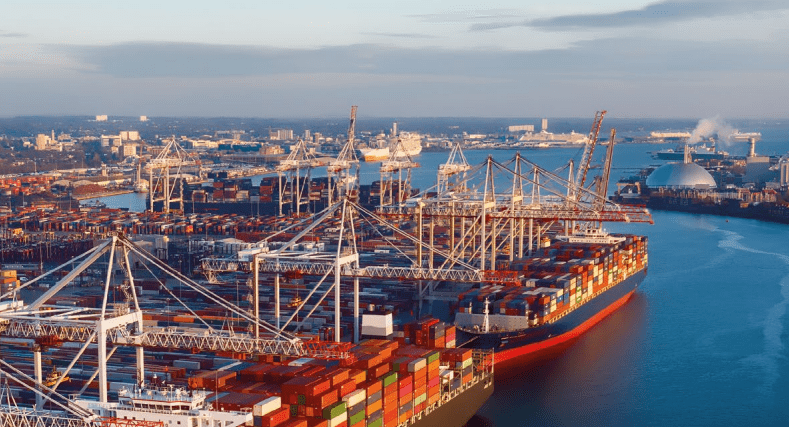The World Trade Organization (WTO) highlighted the US$150 billion annual benefits of a plurilateral agreement on trade in services among 67 economies.
First and foremost, on December 2, 2021, the 67 WTO members participating in the Joint Initiative on Domestic Regulation of Services announced the successful conclusion of negotiations aimed at reducing administrative costs and creating a more transparent operating environment for service suppliers hoping to do business in foreign markets.
The agreement, which should bring huge cost savings for companies large and small, is the first set of services rules to be approved at the WTO in 24 years.
In this regard, WTO Director-General Ngoz Okonjo-Iweala praised the achievement of the participants, who account for about 90% of world trade in services.
The agreement «addresses a dynamic and fast-growing segment of global production. It will save businesses, especially small ones, $150 billion annually in costs, according to studies by the WTO and the Organization for Economic Cooperation and Development (OECD). Improves WTO rulemaking. It shows that the WTO is on track,» she said.
Trade in services
The agreement, whose negotiations were launched in Buenos Aires in 2017, establishes a set of disciplines to mitigate the unintended trade-restrictive effects of measures related to licensing and qualification requirements and procedures, and technical standards.
The disciplines focus primarily on the transparency, predictability and efficiency of the procedures to be followed by companies.
They apply to all sectors in which participants have made commitments in their schedules for trade in services, as well as to any other sectors that individual participants have designated.
Perspective
Participants intend to incorporate the new disciplines as «additional commitments» in their WTO schedules.
While service suppliers of all WTO members will be eligible for these new commitments, the participants intend to submit their draft schedules incorporating the disciplines for certification by December 2022.
Members of the joint initiative plan to continue to hold regular meetings, open to all WTO members and observers, to reflect on the way forward, including certification procedures.
Finally, the work is being organized in the margins of the WTO Working Group on Domestic Regulation, which is mandated to develop the necessary disciplines to ensure that members’ domestic regulations do not constitute unnecessary barriers to trade in services.
![]()

